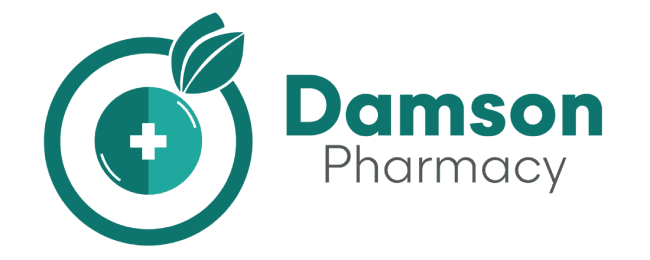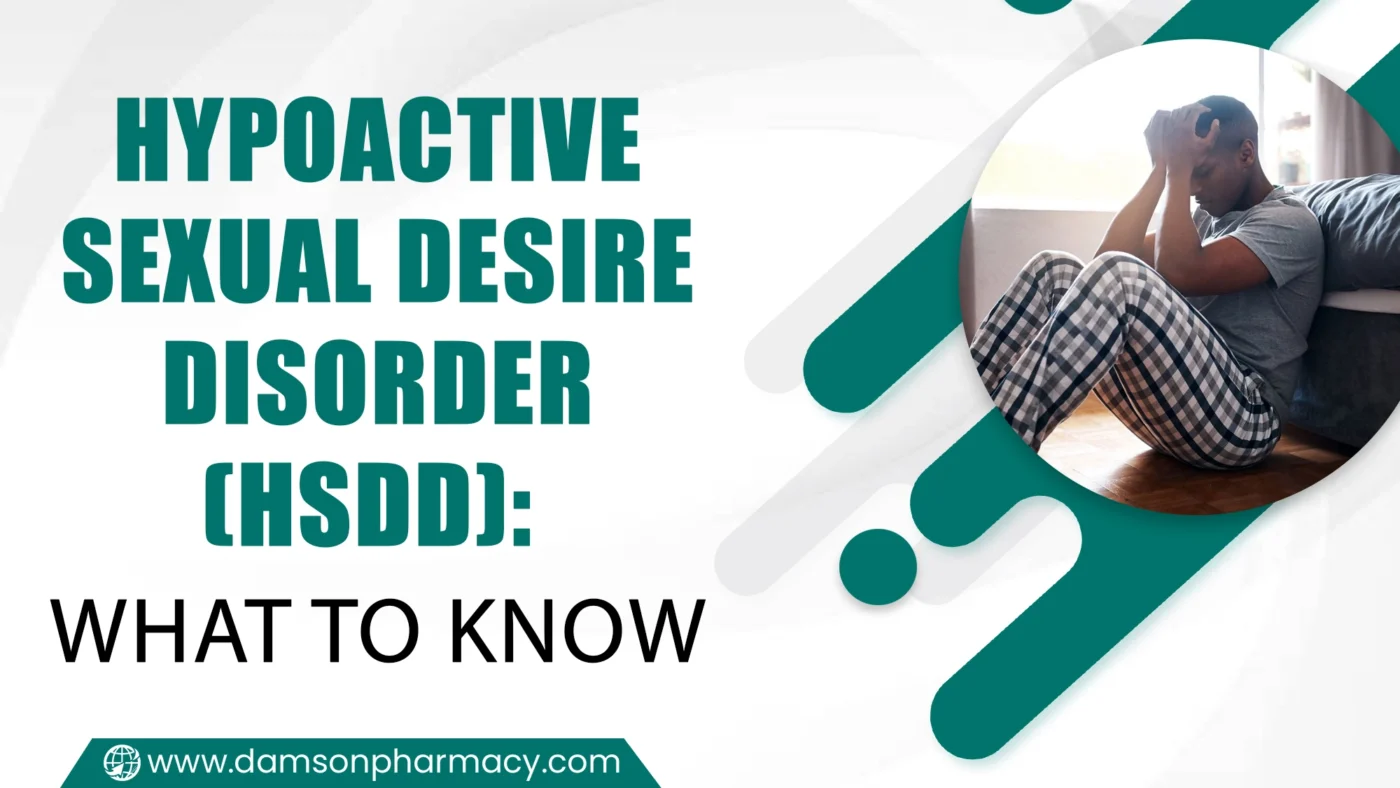Hypoactive Sexual Desire Disorder (HSDD): What to Know
Hypoactive sexual desire disorder (HSDD) is when people do not have an interest in sex because they do not have sexual desire, and they feel bothered by sexual intercourse. It is one of the most common sexual problems.
It can be a lifelong concern, or it can occur over time. It can always be a problem, or it can only happen under certain circumstances. People with HSDD have few or no thoughts about sex, do not respond to sexual signals, and lose or even avoid sex during sexual intercourse.
In this article, we explore the symptoms, causes, diagnosis, treatment, and prospects of HSDD.
What is HSDD?
HSDD is a form of female sexual dysfunction characterized by a reduced or absent sexual desire that leads to personal distress. HSDD differs from short-term changes in libido in that it has become a persistent problem that lasts at least months to years.
Medical experts classify HSDD as female sexual interest arousal disorder (FSIAD) because it consists of sexual desire and sexual arousal problems.
Medical experts diagnose the problem when a lack of sexual interest continues to cause emotional distress, regardless of medical or drug-related causes or relationship conflicts.
The Symptoms of HSDD
Hypoactive female sexual disorder may, at first glance, resemble hypoactive sexual desire, but it is a symptom that many people experience at different times throughout their lives. However, it is more serious than a temporary decrease in interest in or sexual expression of sex.
The diagnosis of HSDD is based on symptoms that persist for 6 months or more. The following are common HSDD symptoms:
- Lack of interest in starting or participating in sexual activity.
- A reduction in sex drive compared to previous experience.
- Not responding to sexual suggestions or signals from partners.
- Lack of interest in masturbation.
- Lost their ability to maintain interest in or desire for sexual activity.
- People have severe personal stress due to a lack of sexual desire.
The Causes of HSDD
The causes of HSDD are complex and can change throughout life. Certain areas and functions of the brain control sexual desire. Sexual arousal involves neurotransmitters, such as dopamine and melanocortin, to help process sexual stimulation.
How and why these brain suppression systems cause hypoactive sexual desire disorder has not been fully identified, but we know that certain factors are at risk of developing HSDD.
The Possible Causes of HSDD
- Physical conditions such as Diabetes, depression, thyroid problems, and multiple sclerosis (MS).
- Imbalance of chemicals in the brain associated with libido.
- Side effects of certain drugs, such as some antidepressants or high blood pressure drugs.
- Problems with relationships, such as conflicts or lack of trust.
- Body image problems or low self-esteem.
- Anxiety, depression, or other psychological conditions.
The Risk Causes of HSDD
- High Levels Of Prolactin
- Low Testosterone Levels
- Low Estrogen Levels
- Inflammatory Bowel Disease (IBD)
- Smoking
- Heart Diseases
- Kidney Diseases
The Treatment of HSDD
Treatment of hypoactive sexual desire disorder deals with the psychological, social, and biological aspects of the disorder. Treatment decisions are always tailored to each woman’s specific situation and needs.
Often, the best approach is to first focus on stressful factors, particularly for women’s health, and address factors suspected to be the underlying cause of HSDD. Our obstetrician discusses all treatment options with each patient before starting any form of treatment.
1. Lifestyle Change
It may be a process that requires trial and error rather than specific methods such as taking drugs. Still, several lifestyle changes can have a positive effect on Hypoactive Sexual Desire Disorder.
Exercise is the best activity in this regard, as it not only helps balance hormones but also helps the body produce more mood-enhancing chemicals.
Talking about your experience with HSDD with your partner can help you relieve emotional stress and normalize it, which can reduce stress and anxiety about your problem.
2. Psychotherapy and Sexual Therapy
Psychotherapy is often beneficial because it can help resolve unconscious conflicts that occur early in development or a female’s current life.
Some couples may need marriage or relationship counseling before or in addition to specific HSDD treatments. Sex therapy sessions may be recommended, sometimes including dual sex therapy, in which both partners participate.
3. Medications
Taking drugs known to increase libido may help. Several drugs are used for this purpose. You can use these medications for the HSDD treatment. Some women Buy Femalefil 10mg or Duphaston 10, popular options to help them become sexually excited. Other drugs can also be used to treat HSDD with off-label use. These include:
- Flibanserin: A non-hormonal drug taken daily that increases sex drive and frequency of sexual intercourse.
- Testosterone: Off-label treatment for Postmenopausal Erosolism in women.
- Bupropion: An off-label therapy for HSDD, beneficial for Hypoactive Sexual Desire Disorder related to bupropion, SSRI.
- Buspirone: An anxiety disorder treatment that can increase sexual interest.
How to Deal with Underactive Sexual Desire Disorder?
It is disappointing to have a Libido disorder, especially if sexual intercourse takes up a large part of the relationship with a loved one. Note that Hypoactive Sexual Desire Disorder can resolve and is not necessarily a permanent disorder.
To get the help you need, talk to your medical staff honestly so that you can get help as comprehensively as possible.
Conclusion
In conclusion, Hypoactive sexual desire disorder may cause problems in relationships due to lack of sex drive or sexual thought. It is a common problem that hormonal changes, health conditions, and some lifestyle factors can cause.
Several treatments for HSDD are available. Each treatment depends on the underlying causes. You can choose the different treatments according to your needs and diagnosis. But, early diagnosis and treatment can help relieve symptoms and restore a healthy sex life.
Reference
- https://www.torbayandsouthdevon.nhs.uk/uploads/25328.pdf
- https://www.urologysanantonio.com/wp-content/uploads/2018/01/Low-Testosterone-1-5-2018.pdf
- https://www.researchgate.net/publication/265965502_Linking_Exercise_and_Sexual_Satisfaction_among_Healthy_Adults

